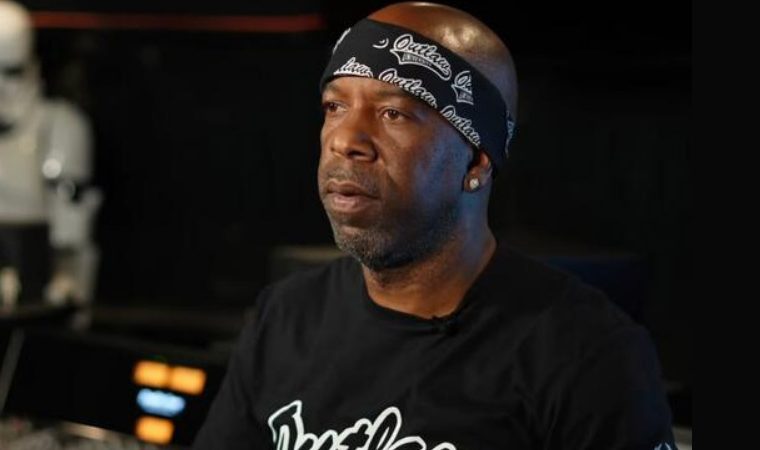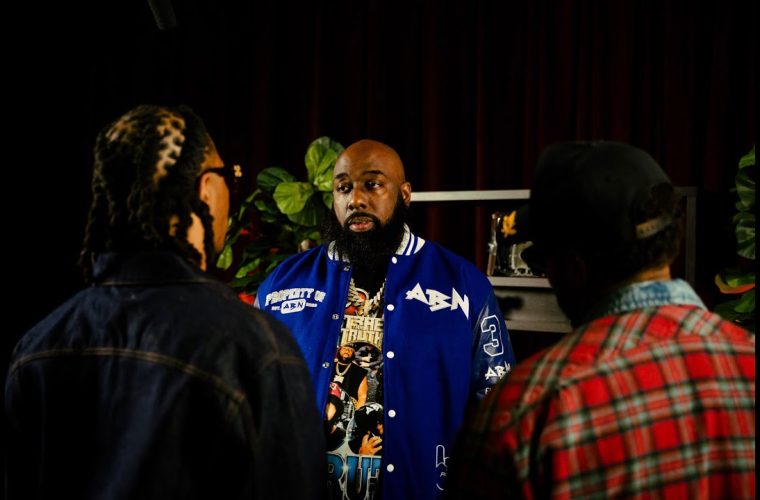
Corey Miller, the rapper known as C-Murder, failed this week in a bid to have his conviction for a 2002 killing in Harvey thrown out or retried, after a judge ruled that the recantations of two witnesses in the case were not credible.
Judge Steven Enright of 24th Judicial District Court ruled Wednesday that Miller, who was convicted in 2009 of fatally shooting Steven Thomas in a Harvey nightclub in 2002, did not meet the burden of proof for post-conviction relief.
Miller’s attorney had argued that his conviction should be thrown out, or at least that he should be granted a hearing to argue the matter in court.
Citing precedents, Enright wrote that recantations of previous testimony “are highly suspicious” and rarely rise to the level necessary to grant a new trial.
Except in rare circumstances, he wrote, “a new trial should not be granted on the basis of a recantation because it is tantamount to perjury so as to discredit the witness at a later trial.”
Miller’s attorney, Paul Barker, could not be reached for comment about whether he will appeal the ruling.
Miller, 47, is the younger brother of Percy Miller, the rap mogul better known as Master P.
His high-profile case was thrown back into the spotlight in June when the true-crime television series “Reasonable Doubt” focused on it, interviewing two witnesses who have now changed their stories. The two also filed sworn affidavits to that effect on behalf of Corey Miller, who is serving life in prison.
Kenneth Jordan said he was lying when he told police he saw Miller stand over the 16-year-old Thomas during a brawl at the Platinum Club on Jan. 12, 2002, and fire a single shot into his chest. He said investigators had threatened to charge him with killing his infant son, whose death was under investigation at the time, if he didn’t identify Miller as the shooter. The child’s mother was later convicted of that murder.
In his affidavit, Kenneth Jordan said he saw another man with a dark complexion in a hoodie shoot Thomas.
The other witness, a security guard named Darnell Jordan, told the program that he saw no gun in Miller’s waistband during the fight that preceded the shooting and that he had been tricked into testifying against Miller.
On Wednesday, after months of legal filings from the defense and prosecutors with Jefferson Parish District Attorney Paul Connick’s office, Enright ruled that Miller’s defense hadn’t made its case.
Enright wrote that Kenneth Jordan’s claim that he was offered leniency by investigators on unrelated charges was not credible because he provided no evidence other than his word and that it had been refuted by investigators. He also said there were inaccuracies in Jordan’s affidavit, including the fact that he was never actually arrested in relation to the death of his daughter.
Also, Enright wrote, Jordan’s claim that he had told prosecutors in 2003 he had lied was vague and that had that happened, it would have been in the files from the first trial, which were disclosed after the verdict was overturned.
As for Darnell Jordan, Enright wrote that he testified consistently before the grand jury, at Miller’s first trial in 2003, which was later overturned, and at the 2009 trial in which he was convicted again. That conviction was upheld on direct appeal.
He wrote that Darnell Jordan told a detective the night of the shooting that he saw Miller shoot Thomas before he began changing his story in subsequent interviews with investigators. Then when it came time to testify, Jordan returned to his initial account, explaining he had been afraid that one of Miller’s friends could try to hurt him if he told the truth.
“This testimony goes against petitioner’s claim that Darnell Jordan was tricked into testifying as he did,” Enright wrote.
The two recantations were not the only points raised by Miller’s defense in its petition, but they were the most recent claims to be added to it and garnered the most public attention.
Enright had already ruled that most of the issues raised, including Miller’s claim of innocence and claims about his right to a fair trial having been violated, were not subject to review in a petition for post-conviction relief.
Two final claims — of ineffective assistance of counsel at trial and on appeal — were still open, and Enright denied those Wednesday as well. He wrote that none of the issues cited rose to the level of rendering Miller’s representation deficient. Matters of which witnesses were and were not to called to testify, for example, were part of the defense’s trial strategy and not grounds for relief, he wrote.
Source: The Advocate



